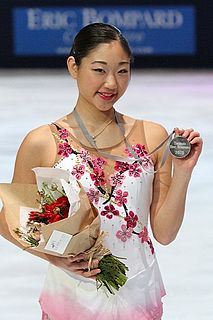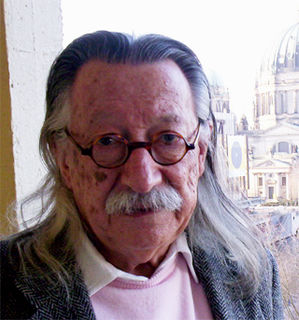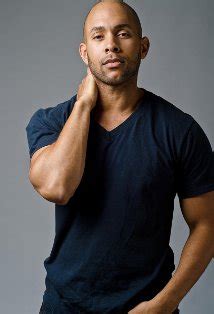A Quote by Beverly Cleary
I think adults sometimes don't think about how children are feeling about the adult problems.
Related Quotes
I like reading books about kids where there weren't really many adults, where they didn't need an adult to come and solve the problems for them. They could use their own ingenuity, use their own talents to solve whatever the issue was. And I like that still. I think that children want to read about heroic children. They don't want to read about children that have to be saved all the time.
I sometimes ask myself how it came about that I was the one to develop the theory of relativity. The reason, I think, is that a normal adult never stops to think about problems of space and time. These are things which he has thought about as a child. Bu t my intellectual development was retarded,as a result of which I began to wonder about space and time only when I had already grown up.
The new concept of the child as equal and the new integration of children into adult life has helped bring about a gradual but certain erosion of these boundaries that once separated the world of children from the word of adults, boundaries that allowed adults to treat children differently than they treated other adults because they understood that children are different.
If nothing has helped you decide, go ask a child. Children know what they need, and more surprisingly, the know what we need. Adults think. Kids respond with their feelings. They don't think about what you will think of their answer, so they just speak the truth-if you can get to them before junior high school age. At that time, they grow up, stop feeling loved, become depressed and start thinking-and what they are thinking about worries me.
Many teachers think of children as immature adults. It might lead to better and more 'respectful' teaching, if we thought of adults as atrophied children. Many 'well-adjusted' adults are bitter, uncreative, frightened, unimaginative, and rather hostile people. Instead of assuming they were born that way, or that that's what being an adult entails, we might consider them as people damaged by their education and upbringing.
People are stereotypes, they are caricaturized. It comes from both sides of the political aisle, it comes from the press. It's all about conflict, it's all about personality, and there are huge stakes in the policies that are being debated, and I think there's a hunger amongst a very significant, maybe even a critical mass of Americans, clustered on the left, right, and center, to have an adult conversation about how we're going to solve these problems ... but it's not for the fainthearted.
What? What am I 'bound to be feeling?' People don’t think anymore. They feel. 'How are you feeling? No, I don’t feel comfortable. I’m sorry, we as a group we’re feeling….' One of the great problems of our age is that we are governed by people who care more about feelings than they do about thoughts and ideas. Thoughts and ideas. That interests me. Ask me what I’m thinking.
The one concession I've made as I've gotten older is that my children are now adults and they're in their twenties and thirties and so I'm careful about how I write about them. I may write about them as a child, but I'm not going to write about their current struggles because they're adults and they can do it for themselves. I want to give them some space in a way I didn't when they were younger.


































